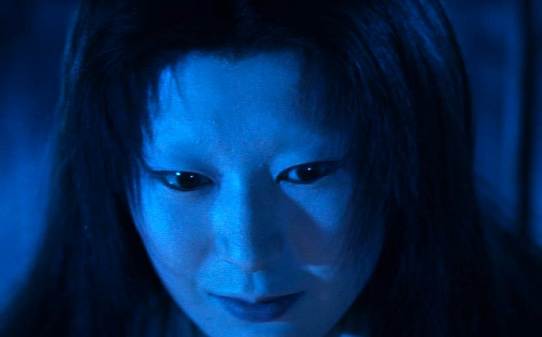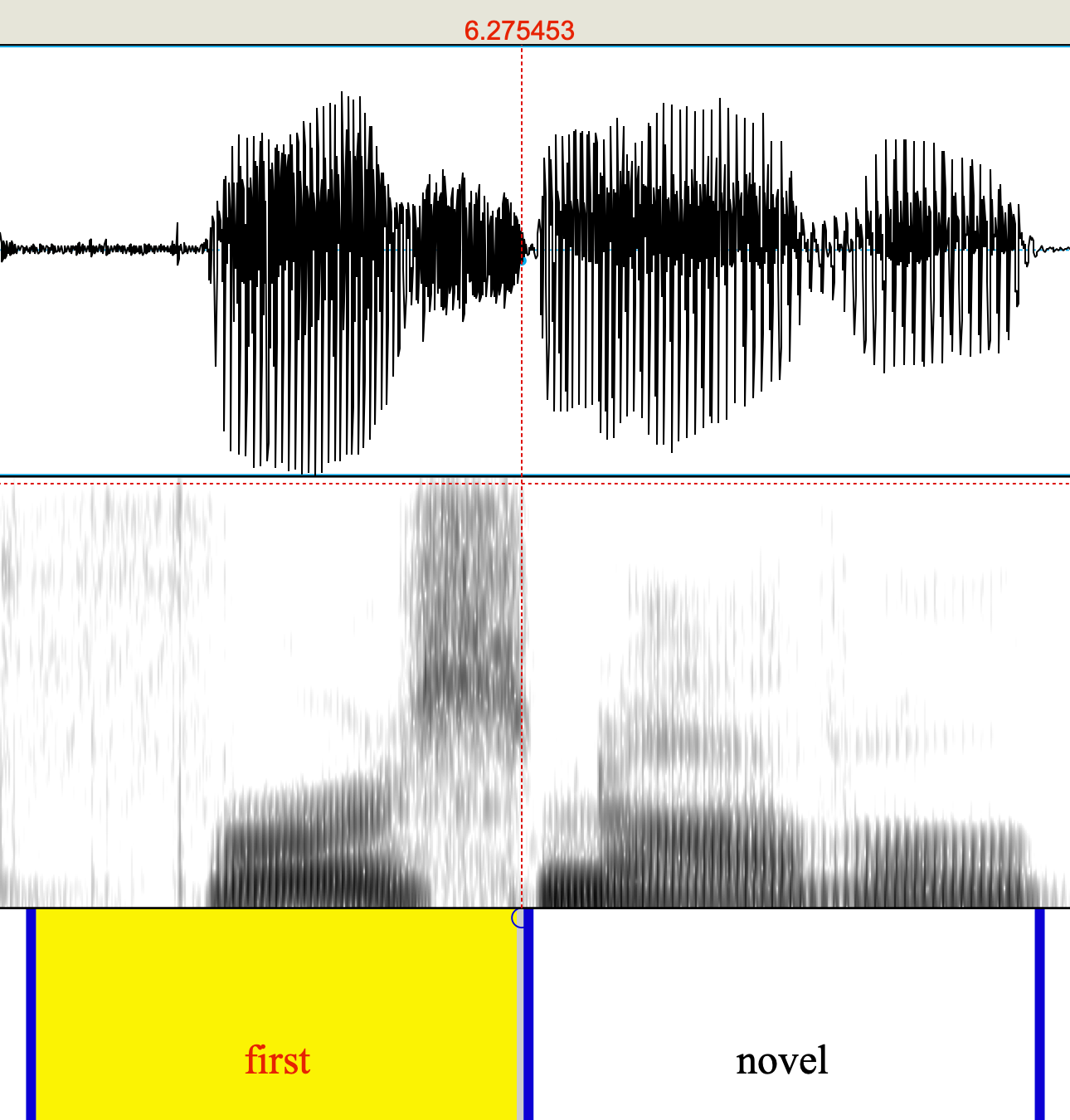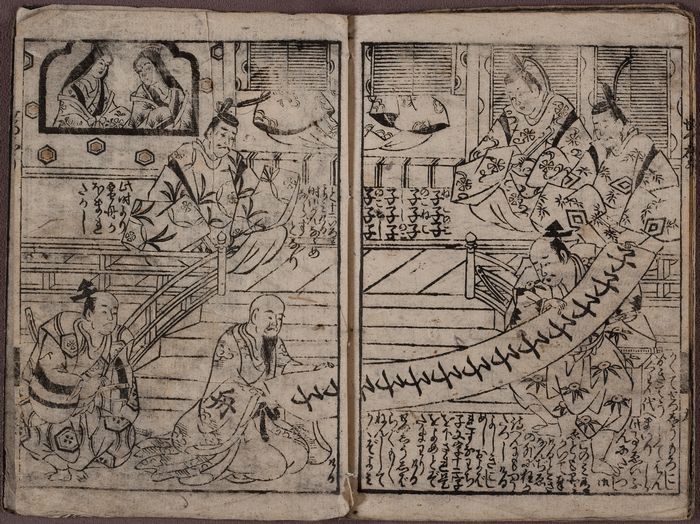From a long-time learner of Japanese language:
I must say that the Japanese instructors at the Foreign Service Institute were NOT inclined to teach — or even acknowledge — pitch … and, for that matter, in all but rare cases, "bother" to correct students save on the most egregious botching of vocabulary or grammar.
Their core view, perhaps not atypical for the era, or, who knows, even for today, was "No foreigner is EVER going to learn to speak Japanese, so it is senseless to devote effort to minor things."
All that was part and parcel of the famous (=infamous) "study" by the Japanese who devised a means of determining WHY foreigners could never speak Japanese properly, and why Japanese could never speak foreign languages properly. After wiring up his brain to gerry-rigged electrodes and electrical impulse measuring devices, he concluded (he was a dentist, I believe, and not a scientist let alone a linguist) that Japanese is a vowel-rich language, foreign tongues are consonant-rich, vowels and consonants are processed on opposite cerebral hemispheres, so "of course" it would be "impossible" for Japanese to speak foreign languages (he excluded vowel-rich Polynesian languages as inferior and unworthy of serious attention) and vice versa. When asked how it could be, then, that Japanese diplomats so often spoke foreign languages fluently, without accents, he replied "Because they are no longer TRUE JAPANESE. Their brains have altered."
A gentler version of that is found in this posting to a language forum, with extensive comments providing a variety of viewpoints on the subject:
"Pitch Accent? Should Learners of Japanese master it?", Ling!Q (April 2011)
Read the rest of this entry »



